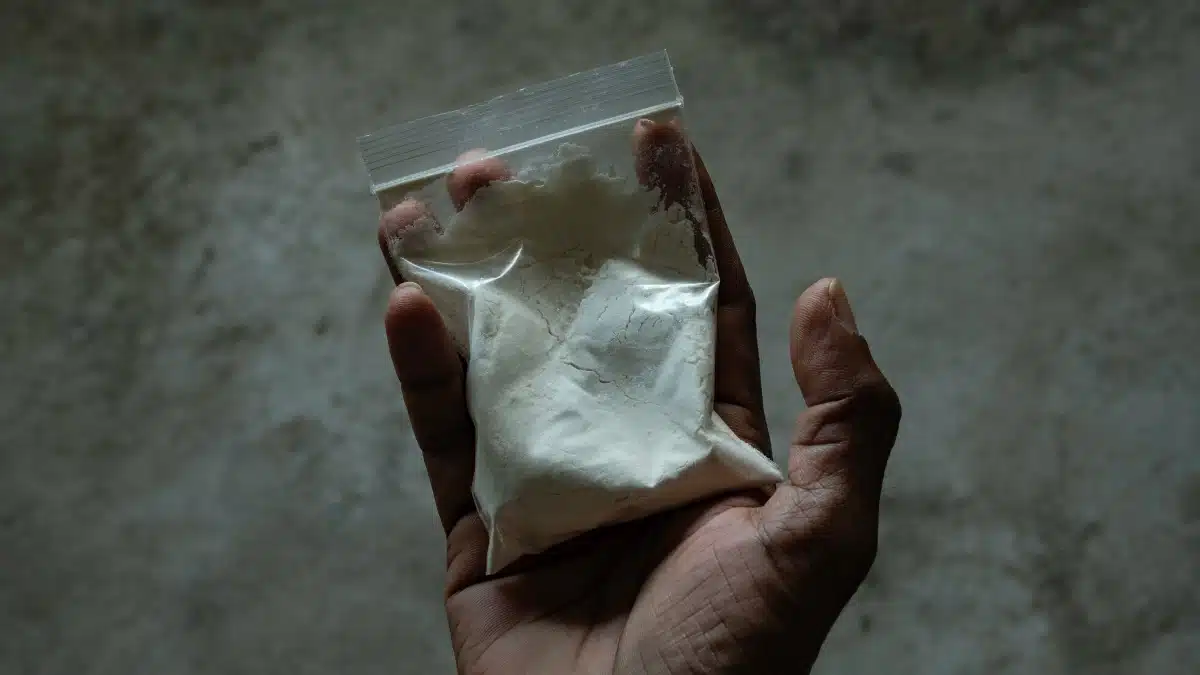Classification Of Heroin: Essential Facts
Heroin is a powerful and addictive drug derived from morphine, posing severe health risks. Its classification as an opioid highlights its potential for abuse and dependence. Understanding heroin’s legal and medical classifications is vital for raising awareness and promoting prevention.
This blog explores the critical aspects of heroin drug classification, from its Schedule I status to its effects and addiction risks. Continue reading to learn how heroin’s forms, purity, and production influence its dangers and discover essential insights to combat misuse effectively.
Key Takeaways
Heroin is a highly addictive opioid, posing severe health risks and requiring urgent attention. Here’s what this blog post covers:
- Heroin is classified as a Schedule I drug, indicating no medical use and high abuse potential.
- It varies in form and purity, influencing its effects, risks, and patterns of misuse.
- It requires professional treatment to manage withdrawal symptoms and promote long-term recovery.
If you’re struggling with heroin addiction, call The Haven Detox-Little Rock at (501) 271-3342 for help and professional treatment.
Overview Of Heroin
Heroin is a highly addictive drug derived from morphine, a natural substance. It is classified as an opioid and acts quickly on the brain, causing intense euphoria. Heroin use can lead to severe health problems, including overdose, respiratory failure, and long-term dependence. Understanding heroin’s effects is crucial to addressing its dangers.
Classifying heroin as an opioid helps medical and law enforcement professionals understand its risks. This classification allows for better tracking, regulation, and prevention strategies. By grouping it with other opioid drugs, experts can create effective policies to combat addiction and misuse.
Educating people about heroin’s classification can increase awareness of its impact. Recognizing heroin as an opioid emphasizes its addictive nature and health risks. This knowledge can guide prevention efforts and encourage seeking treatment.
Legal Classification Of Heroin
Heroin is classified as a Schedule I controlled substance in the United States. This means it has a high potential for abuse and has no accepted medical use. Heroin addiction often leads to physical dependence, making it difficult for heroin users to stop regular use of heroin without professional help.
Classification By Purity And Form
Its purity and physical form classifies heroin. Different forms include powder or sticky substances, which vary in use. Street heroin often contains impurities, while purer forms deliver more potent euphoric effects. These classifications impact drug abuse patterns among individuals using narcotic drugs.
Classification By Source And Production
Heroin production starts with poppy plants grown in specific regions. Examples of poppy cultivation include areas in Asia and South America. These regions supply raw materials for heroin, which impacts opioid receptors. This production fuels heroin overdoses and contributes to substance use disorders worldwide.
Effects And Addiction Classification
Heroin has severe effects on physical and mental health, requiring medical attention. It slows heart rate, impairs brain function, and causes feelings of intense euphoria. Long-term use results in withdrawal symptoms such as nausea, anxiety, and muscle pain. Prompt medical help is vital to prevent lasting harm and manage these symptoms.
Heroin addiction is classified as an opioid use disorder, posing a severe medical emergency. This condition develops as users build tolerance and require higher doses for the same effects. The withdrawal symptoms make quitting challenging, highlighting the need for immediate treatment. Medical professionals play a crucial role in addressing this addiction safely.
Treatment for heroin addiction focuses on stabilizing the body and improving mental health. Care involves managing heroin withdrawal symptoms, regulating heart rate, and ensuring overall well-being. Seeking medical help is essential for recovery, providing individuals with the support needed to overcome addiction and regain control of their lives.
Frequently Asked Questions (FAQ)
Renew Hope At The Haven Detox-Little Rock
Are you or a loved one battling heroin addiction? At The Haven Detox-Little Rock, we’re here to help you reclaim your life.
Begin with our medical detox program, a safe and supportive method where withdrawal symptoms are managed with expert care. Transition into our residential treatment program, a comprehensive approach that combines therapy, wellness activities, and personalized support to rebuild your strength and confidence.
Don’t wait. Contact us at (501) 271-3342, and let us help you start anew today.
